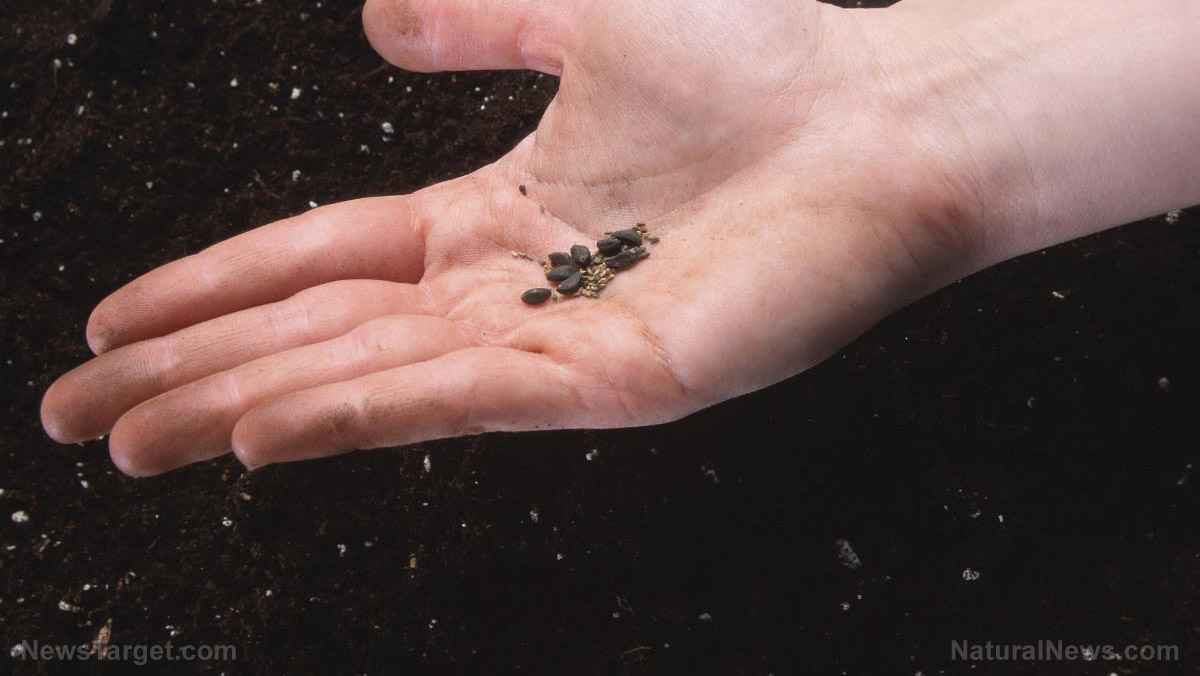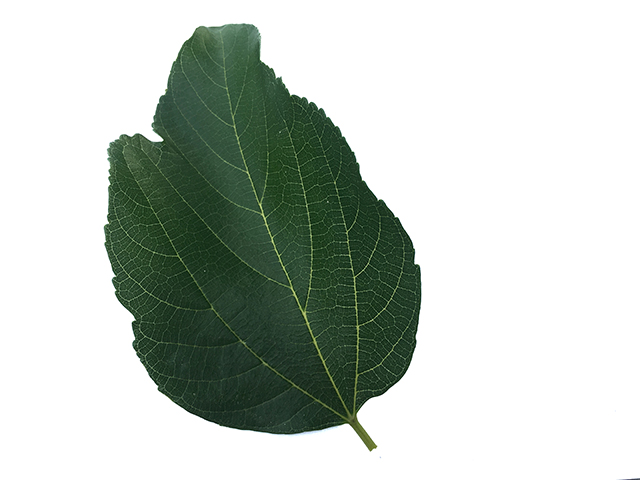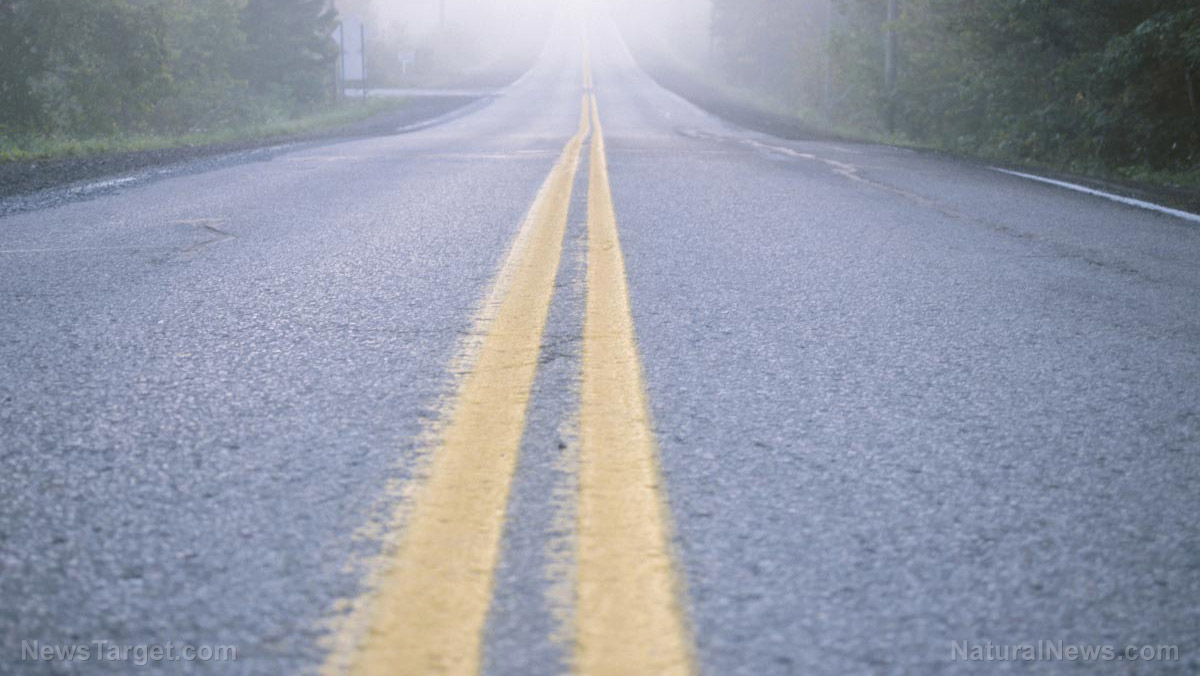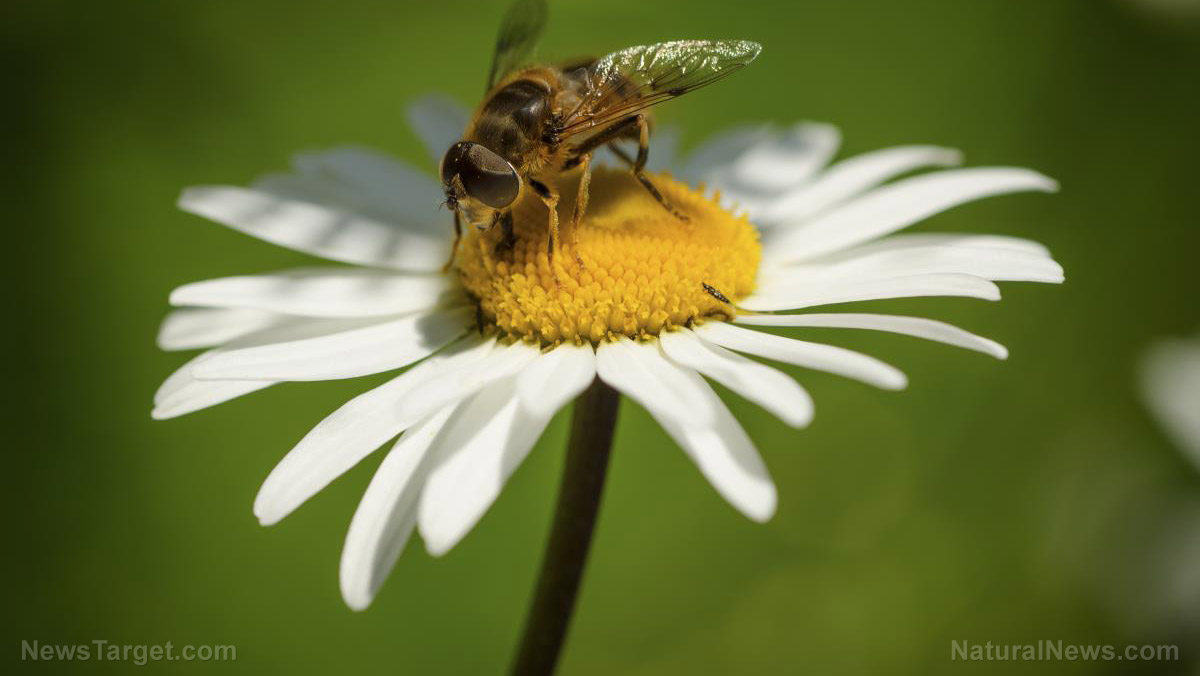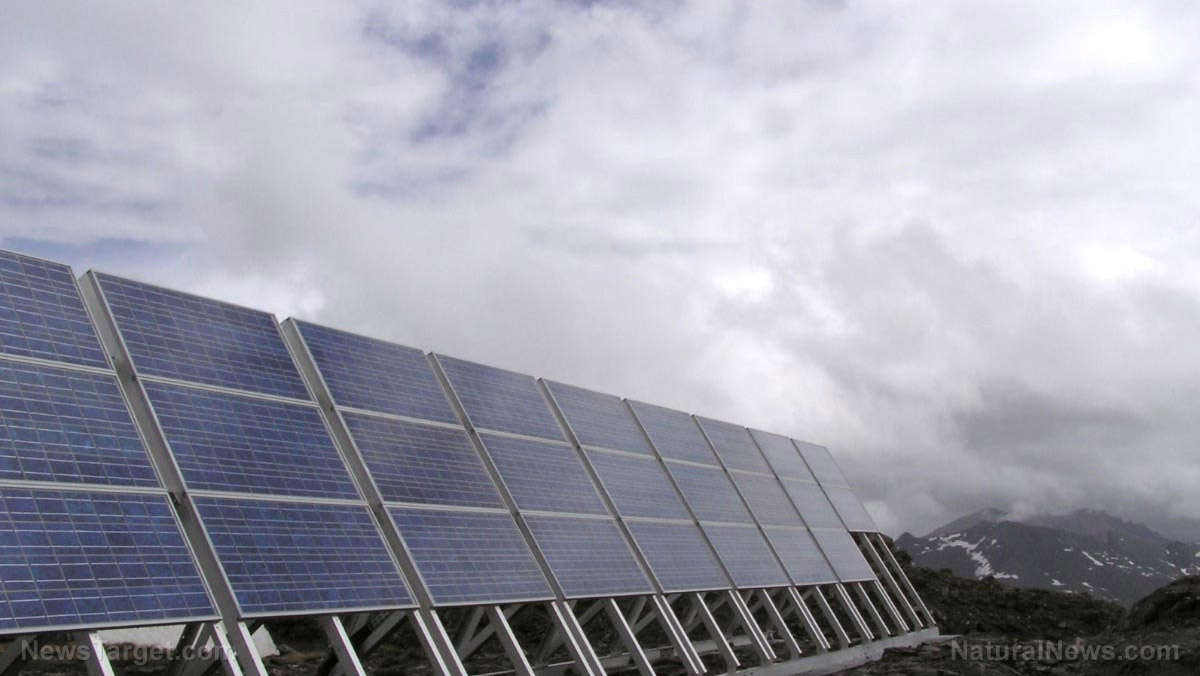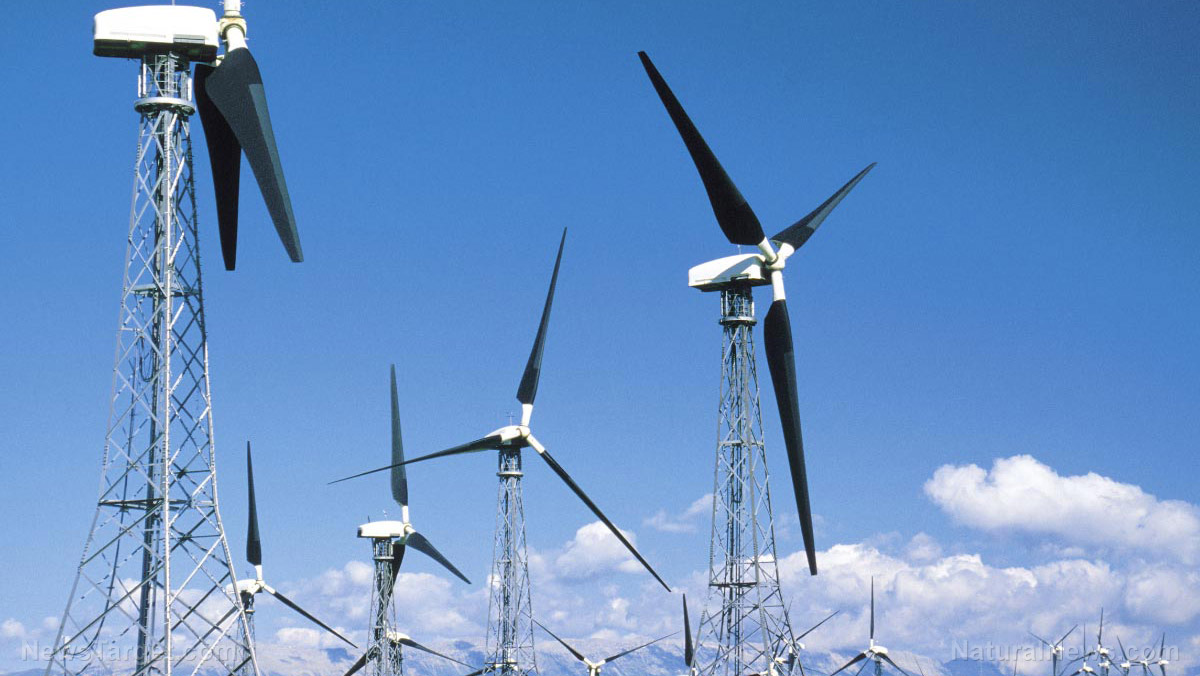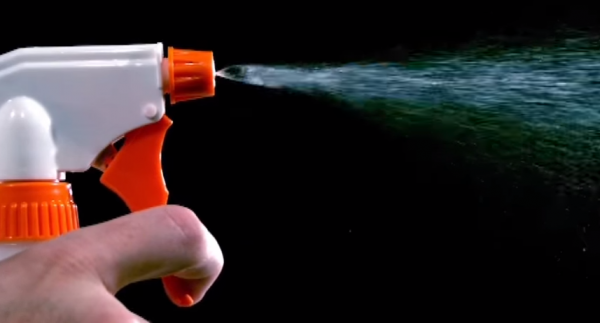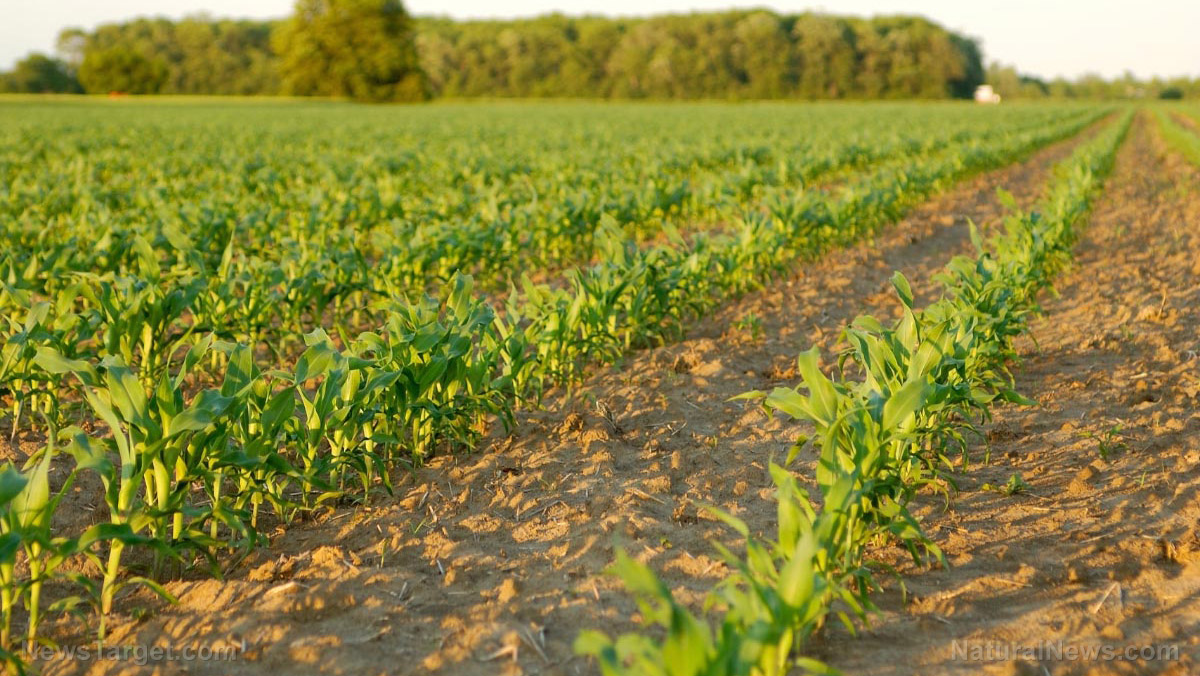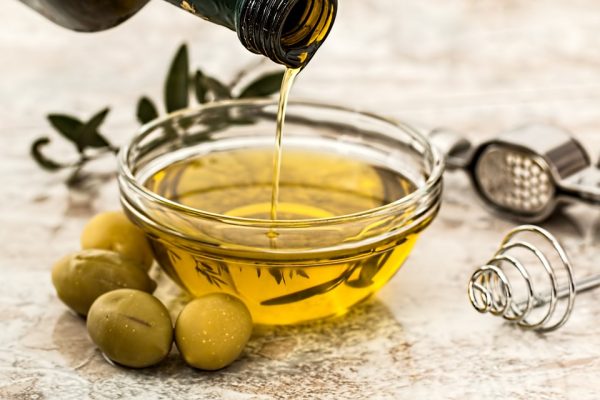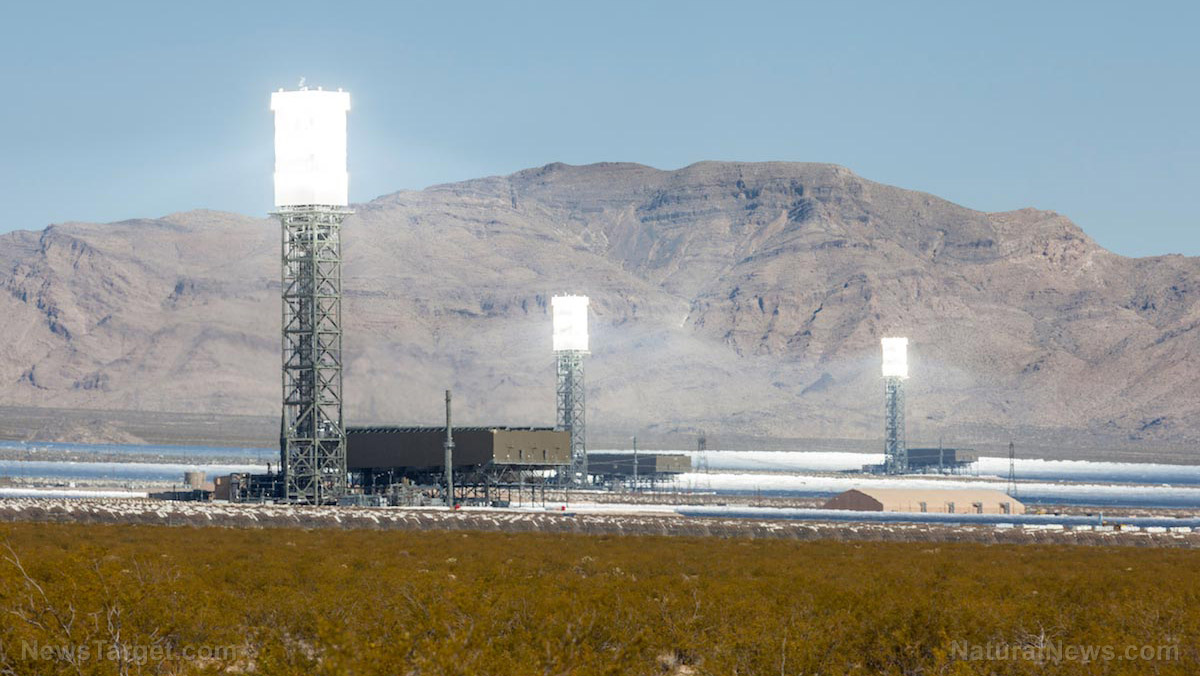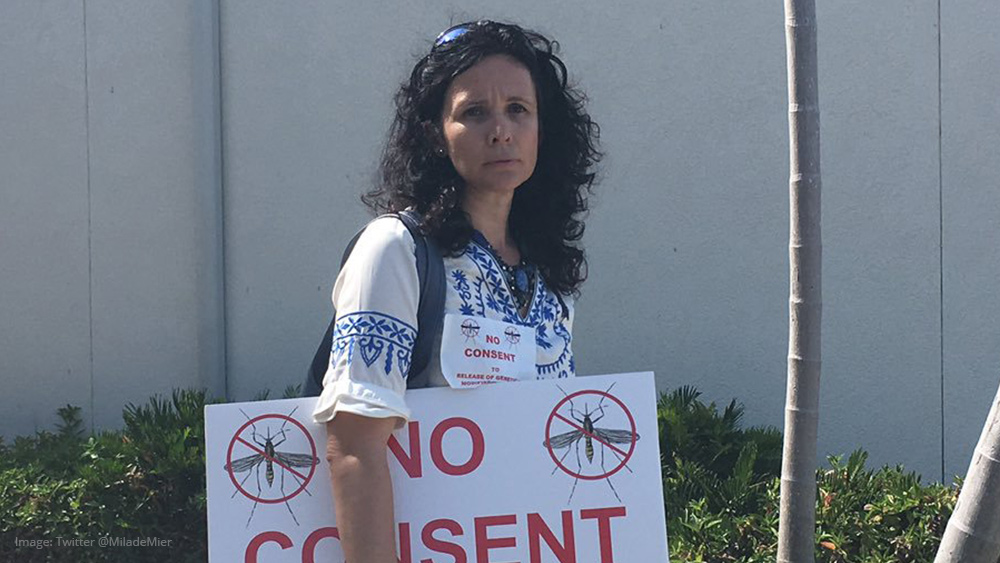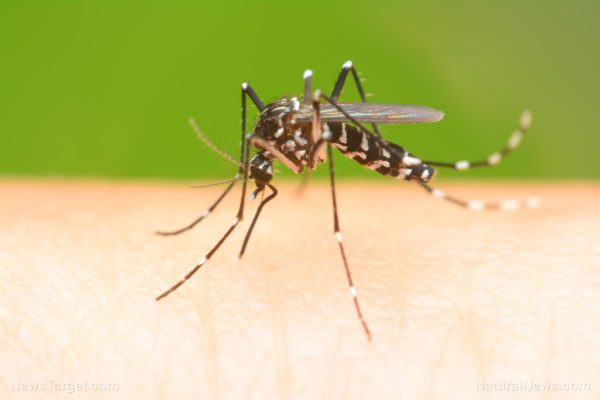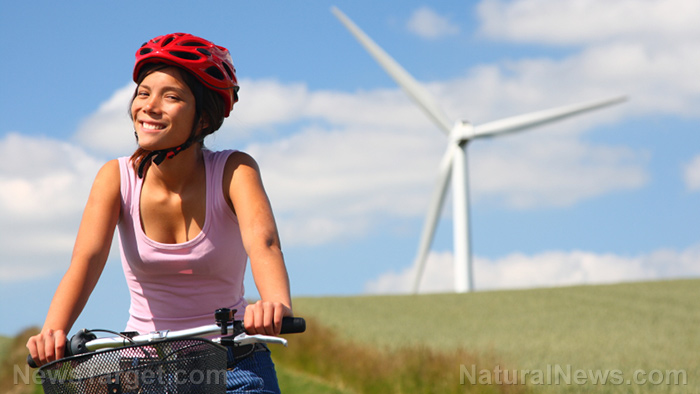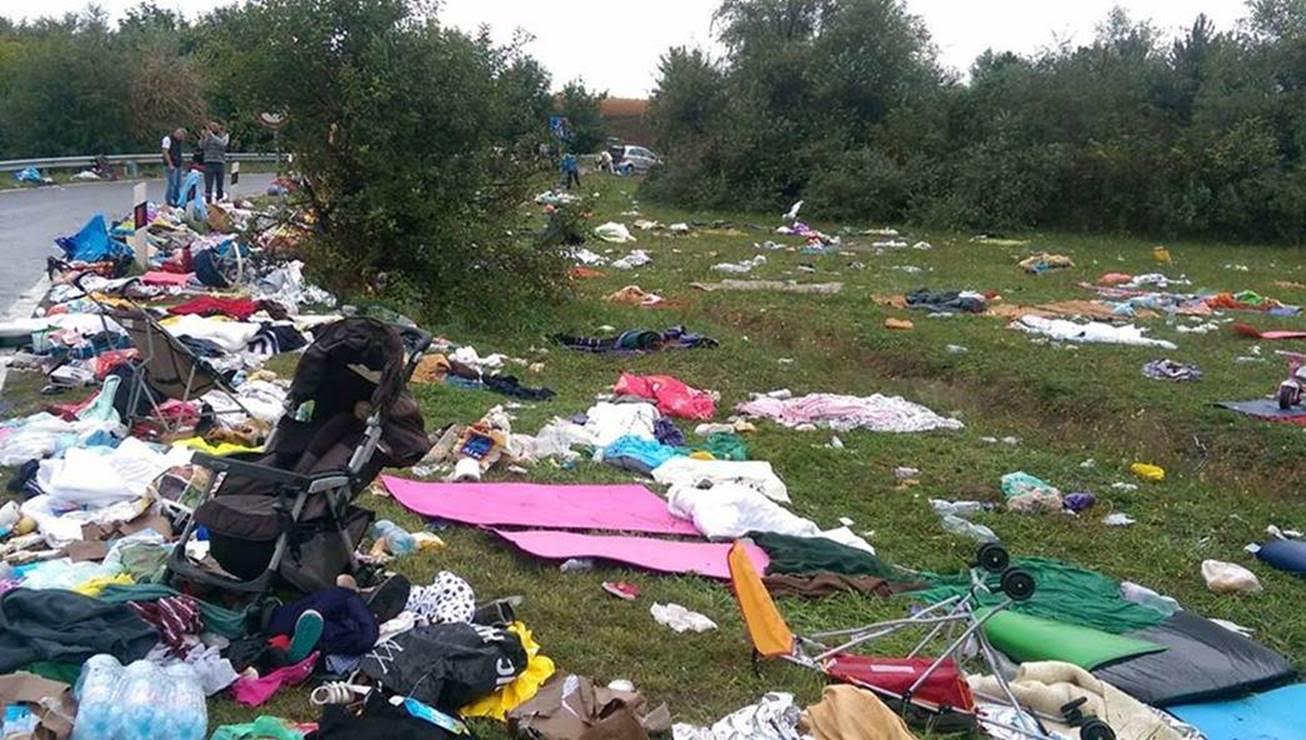05/09/2017 / By Earl Garcia
Every gardening process starts with the seeds. Seeds vary in size, shape, and germination period. Some seeds take longer to mature compared with others. Leftover seeds may also prove to be a major dilemma among gardeners, as certain seeds have shorter shelf life than others. A recently published article in OffTheGridNews.com lists eight seeds that can be stored for the next gardening season and well up to five years after.
- Lettuce – Lettuce remains one of the most popular salad greens in the market. According to the article, lettuce seeds can be stored for at least five years. Store-bought seeds are good to have and store, but you may also gather and save seeds the natural way. The plant produces seeds 12 and 24 days after flowering. Simply pull the seeds from the flower stalks and place the seeds in a brown paper bag. Dry the seeds on plates or sheet pans, and separate them from plumes and chaff. Store away the seeds.
- Muskmelons – Commonly known as cantaloupe, muskmelons are also known for their seeds’ long shelf life. During harvest, it is advisable to leave at least one cantaloupe on the vine and let it develop fully mature seeds. To indicate the fruit’s readiness, look for signs such as thick netting, strong smell and yellow or yellow-gray skin. Once the fruit reaches maturity, cut it in half and scoop the seeds with a spoon. Rinse the seeds with warm water to separate the juice and the pulp. To determine good seeds, place them in a bowl and fill it with water. Good seeds usually sink, while bad batches tend to float. Clean the seeds and place them on clean paper towels to absorb the moisture. Dry the seeds and store away.
- Cucumber – The article also lists cucumber seeds as one of the most enduring types as far as shelf life is concerned. The process in collecting cucumber seeds is similar to that of muskmelons. Cucumbers must reach full maturity to produce high quality seeds. You must soak the seeds in warm water for three days to remove their gel coating, and to determine the good seeds from the bad ones.
- Broccoli – Another crop with long-lasting seeds, broccoli is an ideal staple for most gardens. Saving broccoli seeds are rather challenging. The first step is to identify the best broccoli head in your garden. This is because unopened flower buds grow on broccoli heads. Let the broccoli head dry on the plant. Once dry, hang the pod for two weeks. Remove the dried pods and use a rolling pin to separate it from the seeds.
- Cauliflower – Just like broccoli, the cauliflower heads contain the seeds. Follow the steps described in the previous point in collecting broccoli seeds and apply them in storing seeds from cauliflower.
- Cabbage – Pretty much all cruciferous vegetables like cabbage grow from seed pods that come from the head. Steps in collecting and storing cabbage seeds are similar to those of broccoli and cauliflower.
- Radish – Radishes are also among plants with really long seed shelf life. In order to collect and save radish seeds, allow the plant to bolt from the soil. Doing so will enable to plant to develop seed pods. Simply break open the pods to collect and save the seeds.
- Spinach – Spinach seeds begin to grow in older branches up to the flower stalk during the season. It is ideal to do a visual assessment on the seeds, and pick the most mature ones that turned tan or brown.
Gardening has grown in popularity these last few years. According to the 2013 National Gardening Survey, the activity has become the most preferred hobby among Americans, with more than five million households now involved in gardening than in 2010. The whole gardening process — from planting to harvesting — is equal parts fun and tedious, especially for more seasoned growers.
Sources include:
OffTheGridNews.com
PRNewswire.com
HomeGuides.SFGate.com 1
HomeGuides.SFGate.com 2
GardeningKnowHow.com 1
GardeningKnowHow.com 2
SeedSavers.org
GetBusyGardening.com
MotherEarthNews.com
HowToSaveSeeds.com
Receive Our Free Email Newsletter
Get independent news alerts on natural cures, food lab tests, cannabis medicine, science, robotics, drones, privacy and more.

